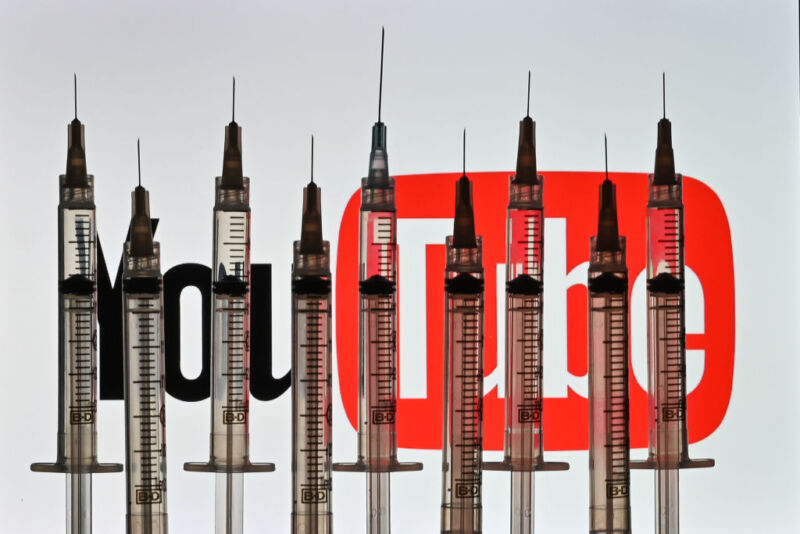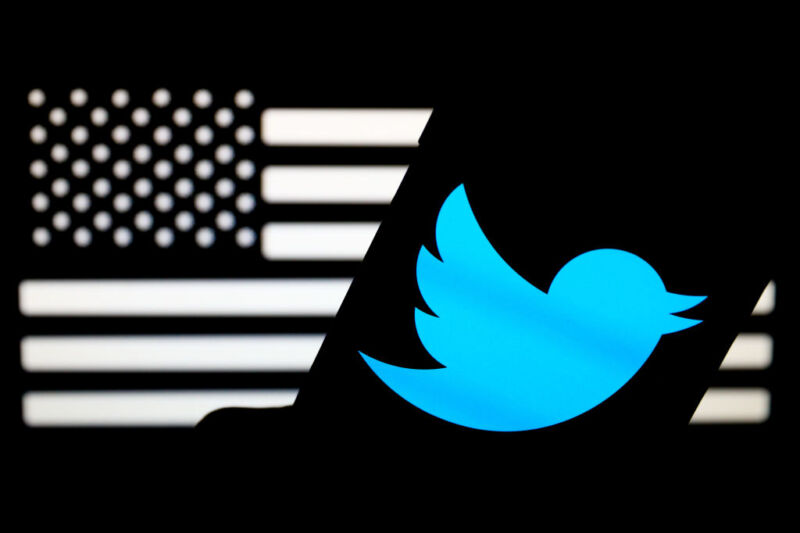-
 chevron_right
chevron_right
YouTube under no obligation to host anti-vaccine advocate’s videos, court says
news.movim.eu / ArsTechnica · Tuesday, 5 September, 2023 - 20:08

Enlarge (credit: NurPhoto / Contributor | NurPhoto )
A prominent anti-vaccine activist, Joseph Mercola, yesterday lost a lawsuit attempting to force YouTube to provide access to videos that were removed from the platform after YouTube banned his channels.
Mercola had tried to argue that YouTube owed him more than $75,000 in damages for breaching its own user contract and denying him access to his videos. However, in an order dismissing Mercola's complaint, US magistrate judge Laurel Beeler wrote that according to the contract Mercola signed, YouTube was "under no obligation to host" Mercola's content after terminating his channel in 2021 "for violating YouTube’s Community Guidelines by posting medical misinformation about COVID-19 and vaccines."
"The court found no breach because 'there is no provision in the Terms of Service that requires YouTube to maintain particular content' or be a 'storage site for users’ content,'" Beeler wrote.


